Director: Gareth Evans
Writer: Gareth Evans
Cast: Dan Stevens, Lucy Boynton, Mark Lewis Jones, Bill Milner, Kristine Froseth, Michael Sheen, Blake Ridder, Owain Gwynn, Juke Hardy, Pino Maiello
Running Time: 129 min.
By Kelly Warner
After The Raid 2, many of us assumed that the next Gareth Evans film we’d be watching would be The Raid 3. But Evans made it clear that he needed a break from The Raid and wanted to get out of Indonesia for his next film (though everything from Merantau through The Raid 2 was filmed in Indonesia, Evans is a Welsh born filmmaker). Personally, I was not surprised that the next Evans film would be a horror movie. In addition to his amazing V/H/S/2 segment Safe Haven (the best piece in the entire VHS horror anthology series), I believe you could get a sense of a horror filmmaker underneath the surface of the Raid films. The Raid movies mix action with horror movie violence like they were made for each other. Hammer Girl would fit into a horror movie screenplay just as easily as the script of a crime saga. So, when news came down that a Dan Stevens led horror film titled Apostle would be the next Evans effort, I got excited because I knew the director was familiar with what the genre asked of him.
It’s 1905 and the daughter of a rich man is being held captive by a religious cult. They demand a ransom in exchange for her safe return, but the rich man is too old and weak to journey across the water to save his daughter. So the task falls to the girl’s brother, Thomas (Dan Stevens), a drifter long thought dead and/or useless to the world. Thomas assumes the identity of a different worshiper and slips onto the boat ferrying new arrivals to the far off island that the cult has turned into their paradise.
Thomas infiltrates the cult while the community is at their weakest. The crops have gone bad, the livestock won’t breed properly, faith is fading, and everyone is paranoid about who or what is to blame. The cult is led by the Prophet Malcolm (Michael Sheen), who says he is the chosen voice for a nameless ‘She’ that rules the island and its surrounding waters. On this island, there are no worldly possessions like money, no texts from the outside world, no calls for conflict or war. It is meant to be beautiful. But it is ugly and strange underneath. Most the people here are good, decent folk worshipping a new faith. They don’t all know about kidnappings, ransom notes, or… blood sacrifices.
It’s not long before the cult leaders begin to suspect that the kidnapped girl’s kin is hidden amongst them. Thomas must be careful, but he cannot waste time. The moments when Thomas is slinking around are suspenseful. But when he uncovers the truth, that’s when things get really interesting.
What helps set Apostle apart from other creepy cult horror films is the Thomas and Prophet Malcolm characters. Thomas is a darker character than most heroes for this sort of story, and Malcolm isn’t nearly as evil as we might expect. Both hero and villain operate in interesting gray areas. Thomas is a dangerous man who lost his faith and scowls at the island’s worshippers when they’re not looking. Dan Stevens (The Guest), one of the most interesting actors of his generation, sells the part because he doesn’t act the badass. He’s too slight of frame for that, I think. Instead he presents Thomas as a survivor, a man who knows what it takes to make it to the next day, caring little for the amount of blood or dirt that gather beneath the fingernails to make that possible. Likewise, Prophet Malcolm may indeed do terrible things, but he always does them in an attempt to help his paradise succeed. What I most enjoyed about Michael Sheen’s (Frost/Nixon) performance were the moments he decided to show horror and the moments he was more straight-faced.
And then there’s the ‘Her.’ Apostle is a Lovecraftian horror adventure about the man on a mission who finds people worshipping something old and strange. I enjoyed these aspects of the film as well, though I also wish it’d somehow gone a little stranger. However, at 2 hours and 10 minutes, it’s already a little long for a horror movie. That being said, I cannot on first viewing think of anything that could’ve been cut. Everything in the movie either lends to character, setting, or mood. It’s also a very fast moving 2+ hour movie.
I liked the way in which Evans let the bloodshed start as a trickle before it became a literal waterfall. In an early scene, a knife goes across someone’s throat with surprisingly little blood spray for a film from the director of The Raid 2. In that film, his hero fried a dude’s face off on a stove. But it gets wild and nasty in some later scenes, especially one featuring an old meat grinder. The fight scenes, understandably kept at a minimum by comparison to The Raid and Merantau, are well executed. These scenes are better than similar fights in movies where the action is why you show up. In Apostle, the action is secondary, and it’s still done really well.
There are times while watching Apostle that you could be forgiven if you forgot you were watching a Gareth Evans film. Part of this is simply because Iko Uwais is nowhere to be seen. But also, Apostle is the first chance that most of us have seen Evans do something totally different from his Indonesian films (his directorial debut, Footsteps, was filmed in Wales but the film is not as well-known or as widely seen as his other works). As much as I want to see The Raid 3 (which might never happen) or some other Evans/Uwais collaboration, Apostle made me realize that there’s a lot more to the filmmaker than silat kicks and improvised stabbing. I’m now looking forward to the next Evans horror film as much as I am his next martial arts actioner.
I really liked Apostle. It’s cool and creepy good times with some nice cinematography, an interesting score, and nary a false note in any of the performances. Sometimes I wish it had gotten weirder, but I’m happy with the weirdness that we got. Fans of The Wicker Man and Lovecraft should definitely check it out, but I think it should appeal to film buffs in general, provided they can stand the bloody happenings of the second half.
Kelly Warner’s Rating: 8/10



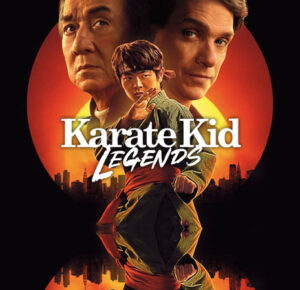

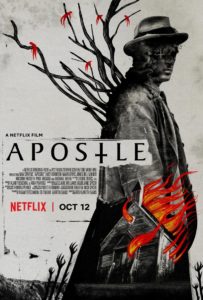
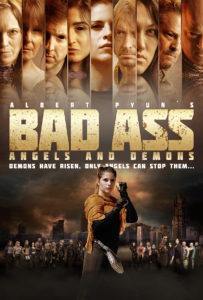
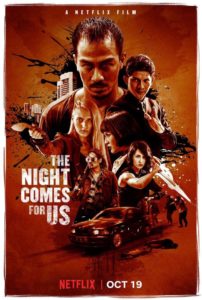

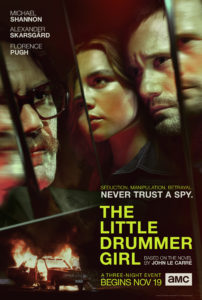

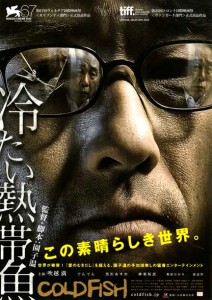
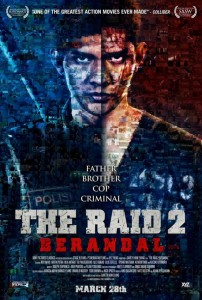
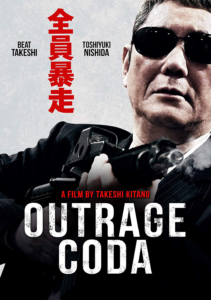
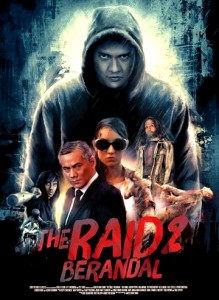
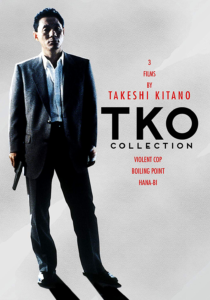
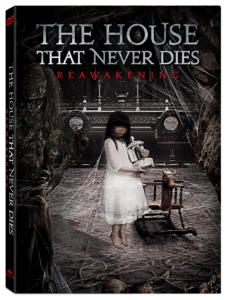


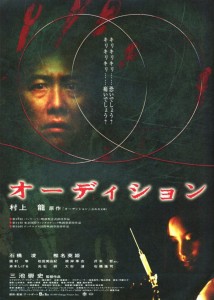
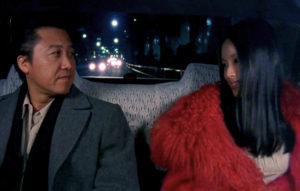
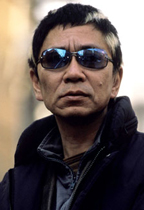
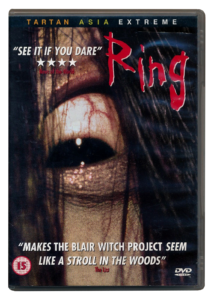
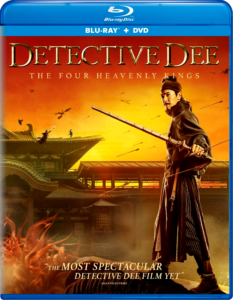



7 Comments